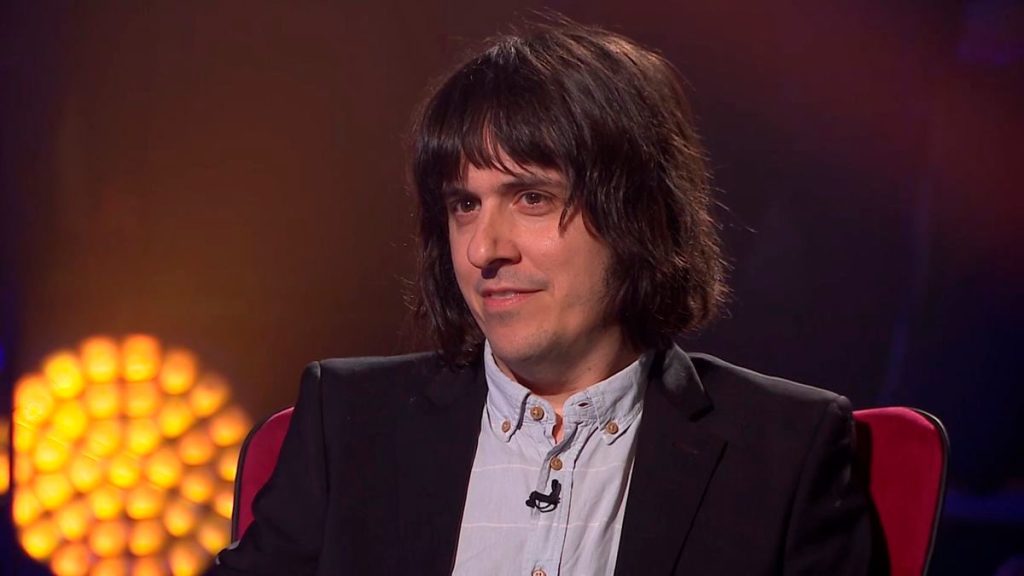A couple of weeks ago, Joaquín Reyes stated that cancel culture does not exist. He believes it is simply bad press and intolerance to criticism from the people who receive it. To illustrate his arguments, he mentioned Miguel Bosé as an example, who claimed to have been canceled in a national newspaper. Reyes also referenced La Resistencia as a free and disruptive space, contrasting it with his previous example. At the end of his intervention, it was unclear if viewers were watching Joaquín Reyes or a celebrity playing himself.
Reyes seems unaware of cases such as that of humorist Patricia Sornosa, whose appearance on a show led to a backlash against the presenters, causing them to disappear from social media. He also may not be familiar with the incident in 2019 where radio station Los40 fired collaborator David Suárez for a joke about people with Down syndrome. Another case he may not know about is that of Anónimo García, which has had minimal media and political support, unlike other similar cases that sparked public outrage.
Anónimo García is part of the artistic collective Homo Velamine, known for using sarcasm for reflection. Their web project “El tour de la Manada” critiqued the media’s sensational coverage of the La Manada case, portraying it as a national circus for the benefit of the media. When the press began criticizing their own behavior, the website was replaced with a disclaimer. While opinions on their project may vary, the author’s punishment of 18 months in prison and a fine of 15,000 euros for satire is concerning.
The story of Anónimo García, who not only faced legal consequences but also lost his job at Greenpeace, was told in Juan Soto Ivars’ book “Nadie se va a reír.” The condemnation of Anónimo by some TV commentators further highlights the impact of cancel culture on individuals who express controversial or satirical views. The TV3 interview with a member of Homo Velamine underscores the pervasive nature of cancel culture, as one commentator argues that being written about by Soto Ivars justifies the punishment.
The case of Anónimo García sheds light on the harsh realities of cancel culture and the potential consequences individuals face for expressing dissenting or satirical views. It raises questions about freedom of expression and artistic creation, as well as the role of media and public opinion in shaping perception. The treatment of cases like Anónimo’s highlights the need for a more nuanced and critical approach to understanding and engaging with controversial or provocative content. Ultimately, the story of Anónimo García serves as a cautionary tale about the power and impact of cancel culture on individuals and artistic expression.















